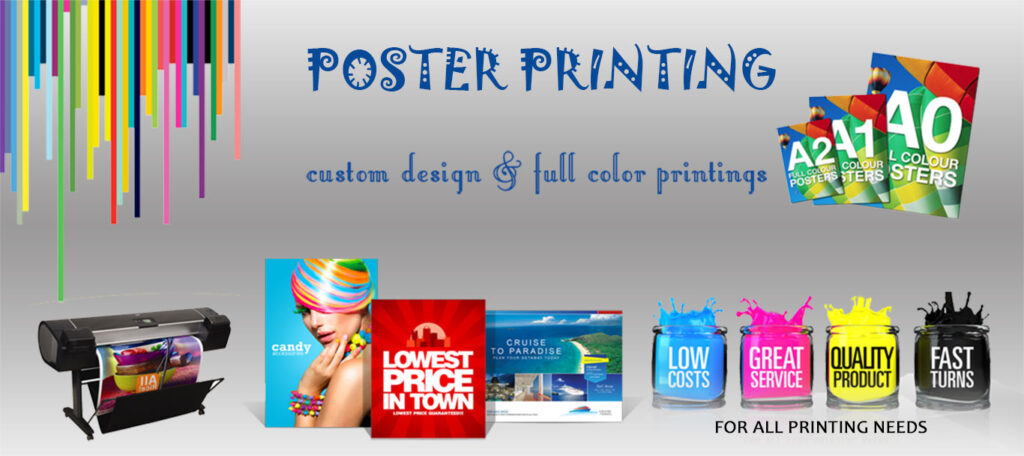
Printing, an age-old practice that has evolved alongside human civilization, continues to play a pivotal role in shaping the way we communicate and share information. In this comprehensive guide, we will delve into the intricacies of printing, exploring what it is, how it works, and the various ways it can be utilized to meet modern demands.
What is Printing?
Printing, at its core, is the reproduction of text and images onto various surfaces, such as paper or fabric, through a mechanical or digital process. The primary goal is to create multiple copies of the same content efficiently and accurately.
How Does Printing Work?
The printing process varies based on the technology employed 利是封印刷. Traditional methods, such as letterpress and offset printing, involve transferring ink onto a surface through plates, while modern digital printing relies on electronic files and devices like laser or inkjet printers. Understanding the nuances of each method allows for informed decision-making when selecting the appropriate printing technology for a given project.
How to Optimize Printing for SEO:
In an era dominated by digital communication, optimizing printed materials for search engines might seem unconventional. However, integrating SEO principles into printed content can enhance visibility. Consider incorporating relevant keywords in headlines, captions, and body text. Additionally, provide a clear call-to-action and include contact information to encourage readers to seek more information online.
How Can Printing Enhance Marketing Strategies?
Printed materials remain an integral part of marketing strategies, offering a tangible and memorable way to connect with audiences. Utilize eye-catching designs, high-quality images, and compelling copy to create visually appealing print materials. Combining print and digital marketing efforts can result in a cohesive and impactful campaign that reaches a broader audience.
What Are the Environmental Impacts of Printing?
While printing is a powerful tool, it is essential to address its environmental footprint. Choose sustainable materials, such as recycled paper, and explore eco-friendly printing practices. Implementing responsible printing techniques, like using vegetable-based inks and minimizing waste, can contribute to a more environmentally conscious approach.
How Do 3D Printing Technologies Revolutionize Industries?
3D printing, a groundbreaking technology, has revolutionized various industries by enabling the creation of three-dimensional objects layer by layer. From healthcare to manufacturing, 3D printing offers unprecedented possibilities. Understanding the applications and potential benefits of 3D printing can open new avenues for innovation and efficiency in diverse sectors.
Conclusion:
In conclusion, printing remains a dynamic and indispensable aspect of our communication landscape. From traditional methods to cutting-edge technologies, the world of printing continues to evolve. By understanding what printing is, how it works, and the diverse opportunities it presents, individuals and businesses can harness its power to convey messages effectively and make a lasting impact. Embracing SEO optimization and considering environmental implications further ensures that printing aligns with contemporary values and standards. As we navigate the ever-changing landscape of communication, printing stands as a timeless and versatile medium that continues to shape the way we share information.